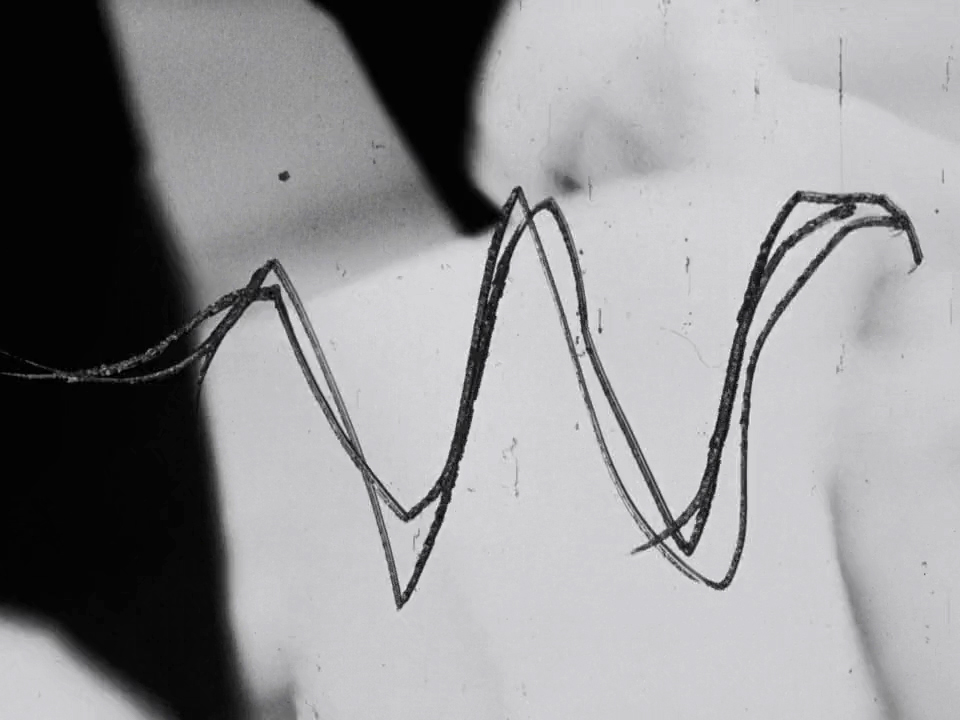
Cinemaul la timpul prezent
Am o veste bună pentru toată lumea: cinemaul se află în criză. Aceasta nici nu este o noutate: cinemaul n-a încetat să fie în criză de când există pe lume. Nu este semnalul unui pericol pentru viitor – viitorul este o enigmă și e nevoie de multă iresponsabilitate pentru a încerca să formulăm ipoteze pe marginea lui, să pretindem că-i descifrăm arcanele –, ci mai degrabă semnalul unei sensibilități seismografice față de mizele prezentului. Și cred că nu există alt simptom mai pertinent al vitalității unei arte decât permanenta sa autoplasare sub lupă, în funcție de permanenta reformulare a lumii noastre. Întrebarea veritabilă ar fi mai degrabă dacă forțele care transformă lumea sunt aceleași care transformă și artele, sau, în caz că sunt două seturi diferite de forțe, cum se hrănesc unele din altele, sau dacă nu cumva sunt antagonice.